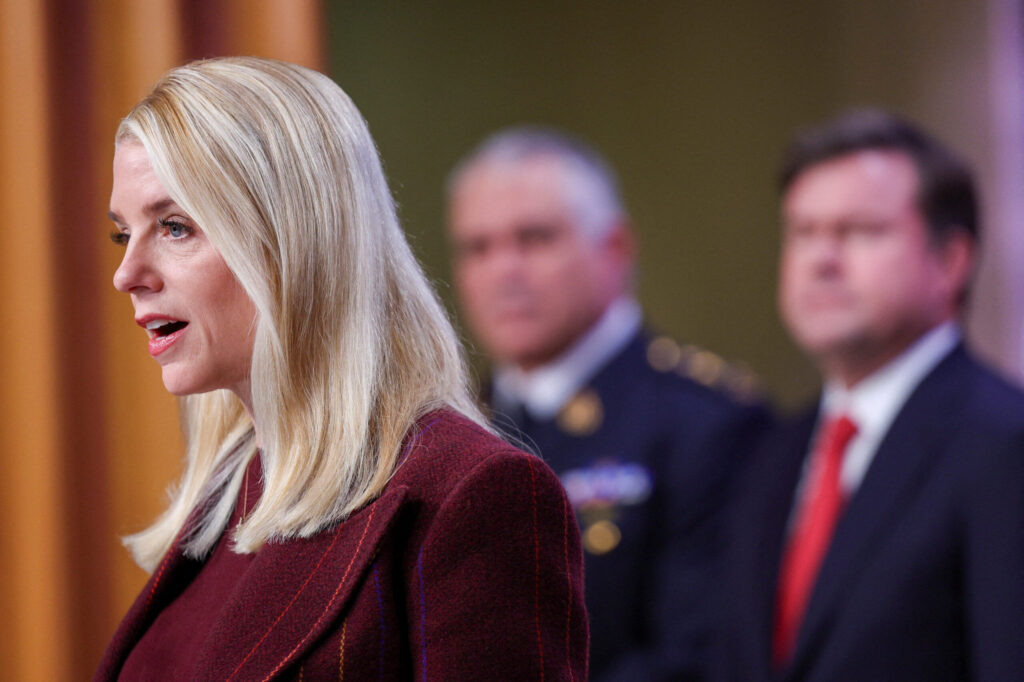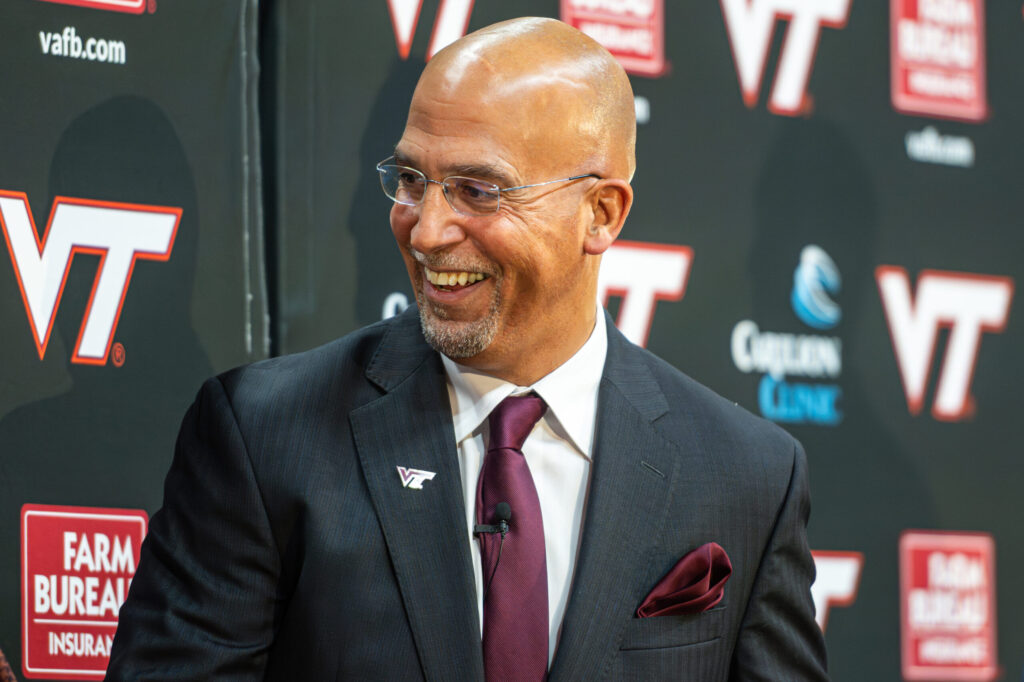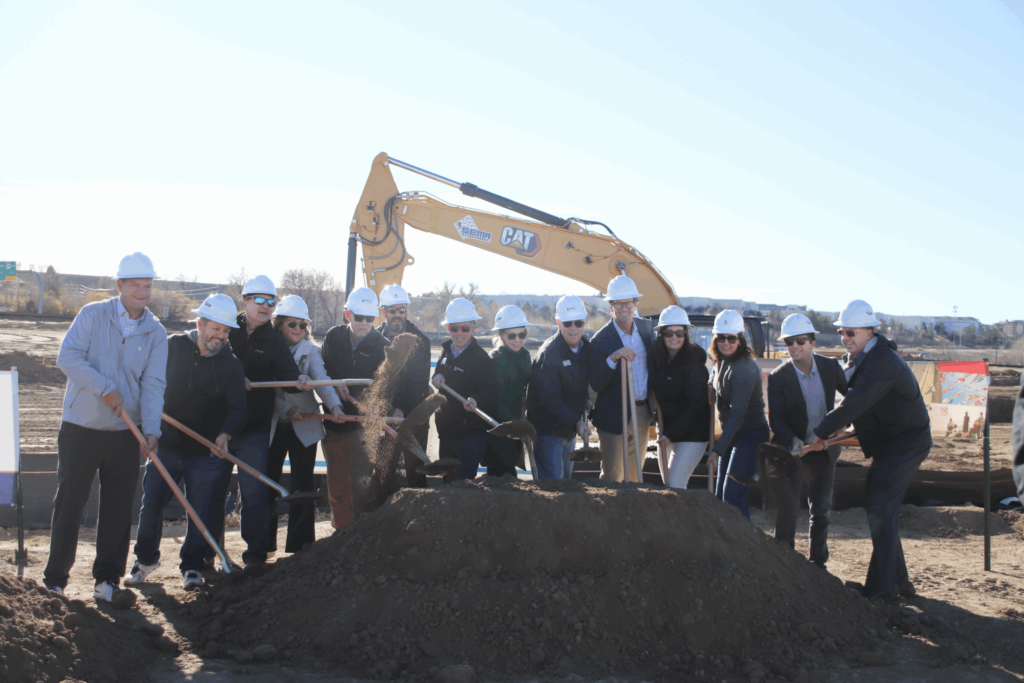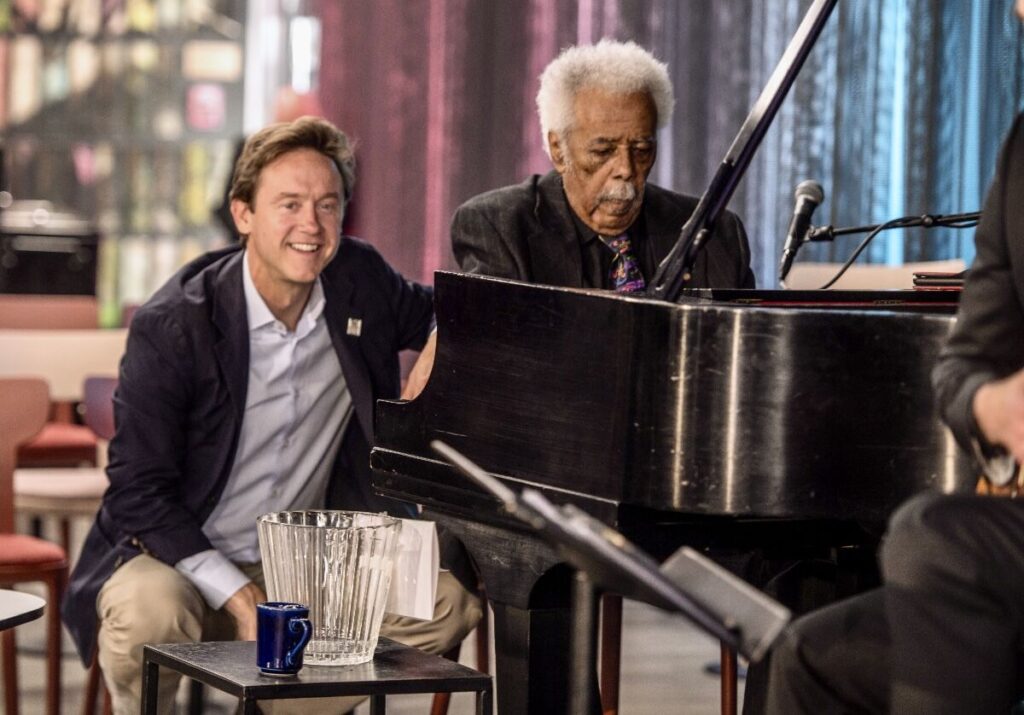Denver moving homeless shelter contacts away from flat-fee model
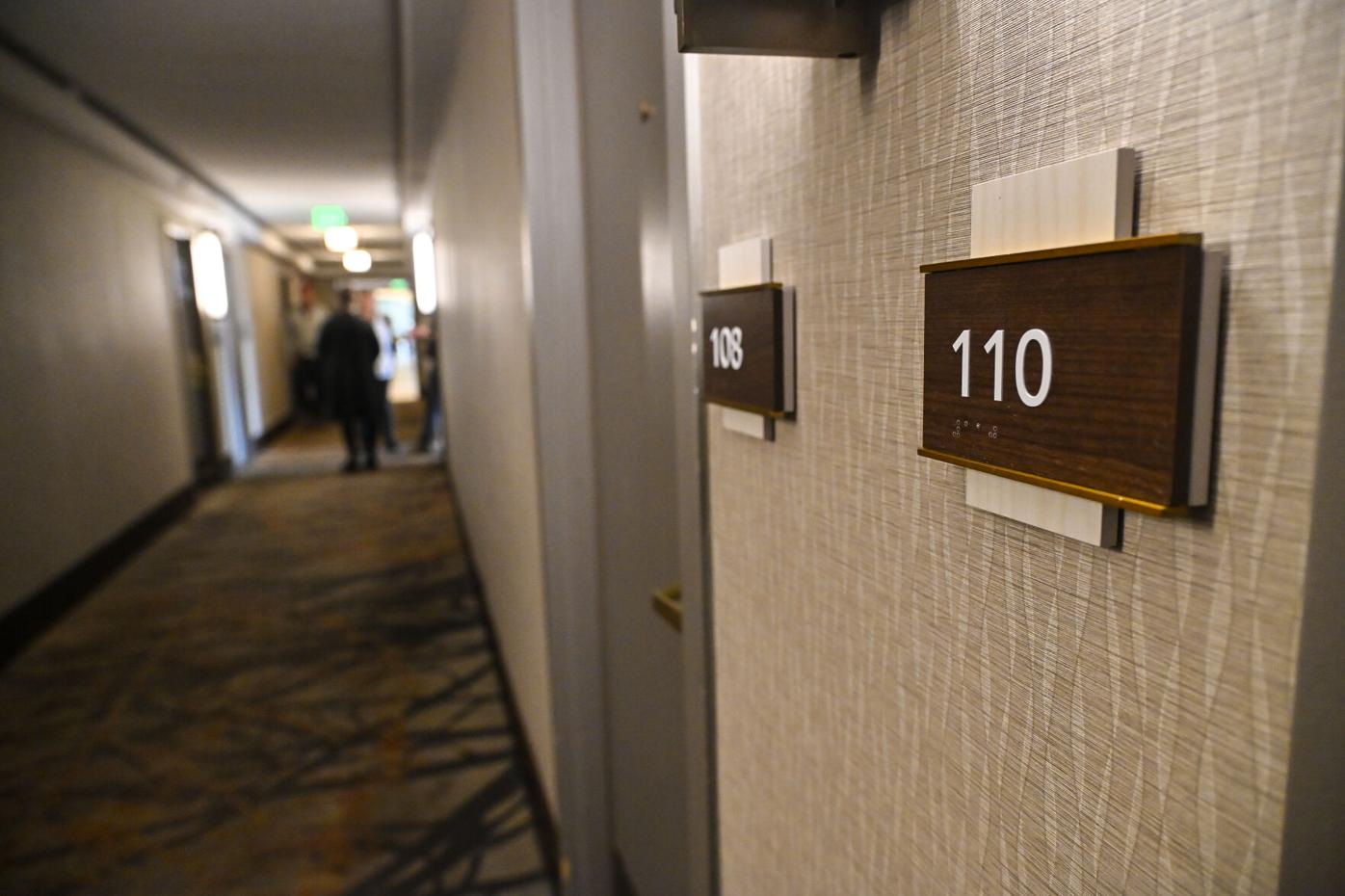
Deborah Grigsby/Denver Gazette
Denver’s Office of Housing Stability is revising its approach to how it will pay for homeless shelter program services in the future.
On Tuesday, Cole Chandler, senior advisor on homelessness for Mayor Mike Johnston, told members of the Community Planning and Housing Committee that his office is moving away from flat-fee-based contracts to performance-based contracts.
New agreements for the city’s non-congregate shelters and housing central command are expected in October, according to Chandler.
“These contracts (flat-fee) are just cost reimbursement models, so whatever the eligible expenses are, I pay for that as the provider, then bill the city, and then the city just pays the provider back,” Chandler said. “We’re switching to where we’ll be actually paying for specific outcomes.”
The switch means HOST will be scrutinizing how well vendors fulfill their contract deliverables.
“We’ll be looking at: Have a certain percentage of the beds been filled each night? Have a certain percentage of folks completed their housing assessments? Have they had X number of case management touch points?” he explained. “And these sorts of metrics are what we will be paying out for.”
Chandler noted that the pay-for-performance strategy is not something that has typically been used in service contracts in the city.
“It’s actually a new and emerging model across the country, and so we’re partnering on this sort of national pilot, which we’re really excited about,” he said.
The switch-up comes on the heels of criticism from the City Council and others over performance concerns with the city’s largest shelter program provider The Salvation Army, which recently announced it will conclude its relationship with the city at the end of the year.
Citing the need to ensure “financial stability,” officials from the 160-year-old charity organization said the decision affects The Aspen and Stone Creek shelters, both located on Quebec Avenue in northeast Denver, and the Tamarac Family Shelter just off Hampden Avenue and I-25.
The Salvation Army has been a pivotal part of Mayor Mike Johnston’s efforts to end homelessness in the city, Johnston spokesperson Jon Ewing told The Denver Gazette in earlier reporting, adding that the organization stepped up to help solve one of the city’s biggest challenges.
Officials said The Salvation Army will continue to operate the Lambuth Family Center, a short-term family shelter; the Connection Center, which provides access to Salvation Army and community resources and services; the Harbor Light Center, a place for men recovering from addiction or looking to prevent a relapse; and the Crossroads Center, a 24/7 emergency shelter serving at least 250 men daily in partnership with the City.
“Denver’s Department of Housing Stability (HOST) has completed its scheduled procurement process for the All in Mile High (AIMH) non-congregate shelters and micro communities and is now negotiating contracts with selected providers,” said HOST spokesperson Derek Woodbury. “In compliance with procurement rules, we cannot announce 2026 operators until the process concludes in early October. We can confirm, however, that The Salvation Army will not operate AIMH non-congregate shelters in 2026.”








